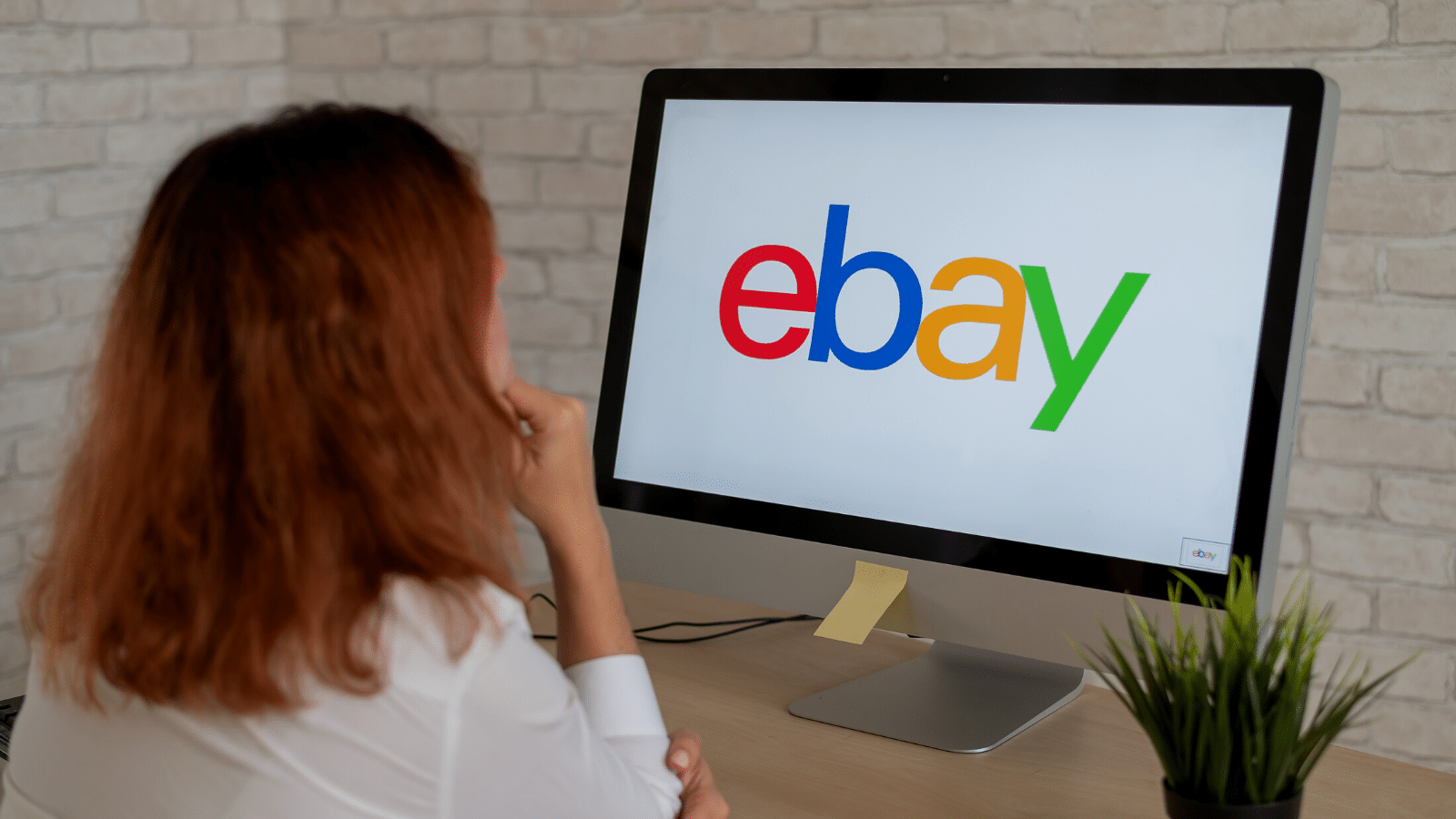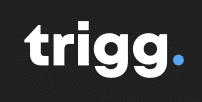Thanks to the opportunity to diversify their sales channels, reach new customers and provide additional revenue, online marketplaces have become increasingly popular with sellers across the globe. But, with demand comes supply, and the industry is quickly becoming saturated. So, how can you make your marketplace thrive in this competitive environment?
That’s a pretty simple one: loyalty. By building loyalty with your sellers, you can ensure the best brands continue to sell their products through your site, giving customers a reason to keep coming back to you. But how exactly do you develop seller loyalty?
We’ve racked the brains of our retail and e-commerce experts and done some serious research to find you the top 7 online marketplaces that have nailed seller loyalty. Keep reading to find out who they are and how they’ve developed a plethora of dedicated sellers…
1 – eBay: One-To-One Sales Support
2 – NewEgg: Marketing and Merchandising Support
3 – Rakuten: Built-In Loyalty Programme
4 – CrateJoy: Logistics and Fulfilment Support
5 – Etsy: Customisation & Accessibility
6 – Amazon: Shared Prestige
7 – Uber: Data Sharing
Are you an online marketplace looking to boost seller loyalty to win the hearts of your vendors and beat the competition? Want to learn more about how we support online marketplaces to build seller loyalty through CRM?
Get in touch with the Trigg Digital team on +44 203 239 8492 or at hello@triggdigital.com.
- Team Trigg At Dev Ops Dreamin’ - September 16, 2022
- These Retailers Are Creating A Whole New Revenue Stream (And You Can Do It, Too) - August 5, 2022
- How To Make Display Ads That Get Clicks (And Don’t Bounce!) - July 20, 2022



